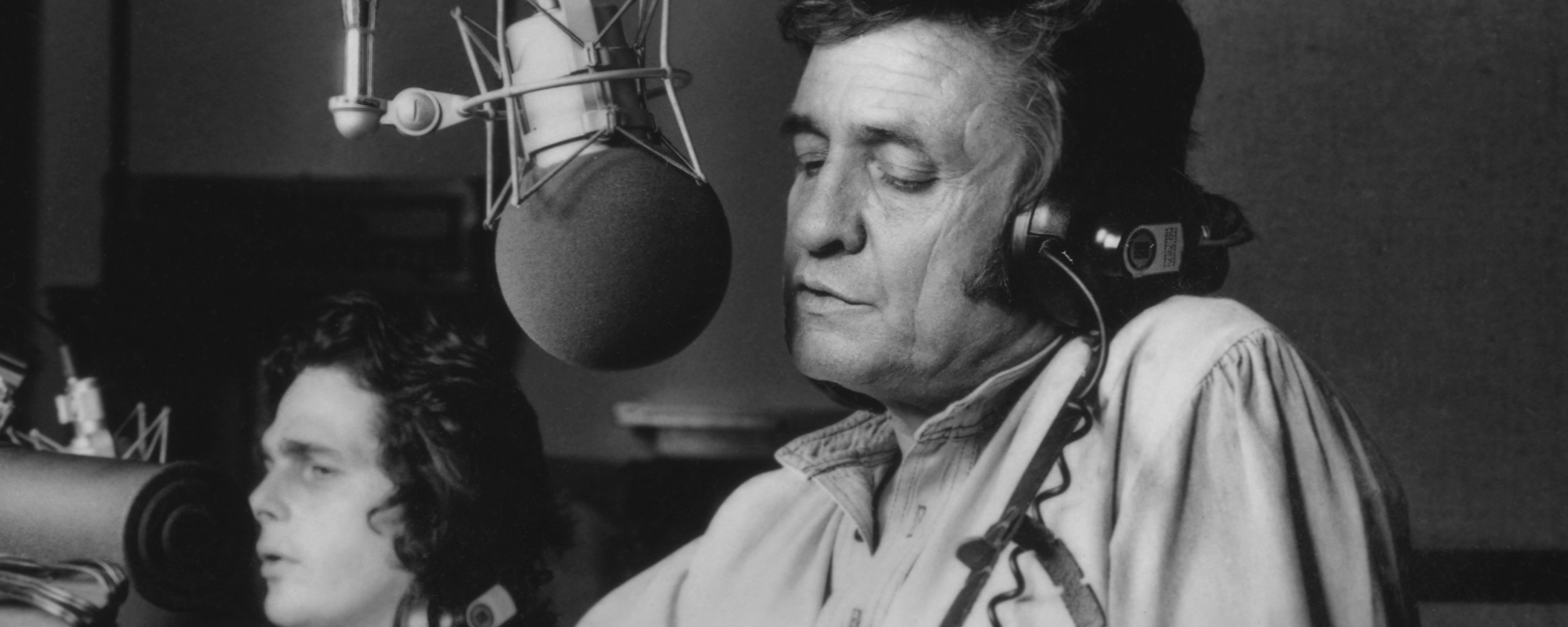Written by RIAA President & COO Michele Ballantyne
Videos by American Songwriter
Up-and-coming artists work incredibly hard to develop their sound, build a base of fans, hopefully get signed by a record label, and pursue their creative and commercial dreams. But outrageously, a new crop of technology-powered predators has emerged targeting these young artists with ugly scams that leverage their hopes to deceive and, ultimately, defraud them.
Social media is full of cruel examples of scammers pretending to be label executives and dangling false promises of a record deal to bait young artists, profiting off hungry novices and illicitly taking their information, original recordings, and cash. In one case, posted on Reddit under the heading “This guy hit me up on TikTok and then sent me this to my email. Is this a scam?” the swindler claimed to be from a legitimate label and dangled a supposed $500,000 advance to lure the artist in. In another sprawling scheme executed over Instagram, the perpetrator impersonated an actual, existing label exec to scam artists into paying him $500 to listen to their demo. The problem is so bad that the London Sound Academy issued a special bulletin last year warning electronic music producers of “nasty individuals … creating fake record labels purely to extract money from you in cunning ways.”
Experts now warn that criminal AI impersonation schemes will use new technology to even more effectively impersonate real people, making it even more difficult for artists to protect themselves from imposters. We have already seen this through mainstream text, phone, and other social media scams boosted by unregulated AI.

There’s no simple solution to this problem, which shamefully steals the energy and enthusiasm that powers new artists and turns their passion into a weapon against them. But if we stick together as a music community, keep lines of communication open, and work with policymakers to enact stronger guardrails against these kinds of abuses, we can keep each other safe before these fraudsters get off the ground. This builds off of RIAA’s groundbreaking work in state capitals nationwide, helping to educate lawmakers and encourage passage of the Truth in Music Advertising Act legislation protecting artists from imposters and knockoffs ripping off their work, look, and creativity.
The most important single step we can take is sharing information to ensure that every young artist learns about the danger of these scams before they are targeted. Industry panels, music colleges, instrument stores, performance spaces, and recording studios can all be clearinghouses for information, posting warnings and hosting programming that shines a spotlight on these insidious risks.
Second, artists and labels should ensure they are working together and keeping strong lines of two-way communication open to vet unsolicited outreach that occurs online. Sharing information across the entire music community protects us all, especially newer and less experienced artists working to establish themselves and understand industry mechanics, practices, and norms, like the implausibility of a label asking an unsigned artist to pay a “listening fee” before accepting their demo.
Third, law enforcement, including state attorneys general, should prioritize these cynical crimes targeting vulnerable people and using their own aspirations against them. Victims must have clear and easy tools to report this kind of fraudulent outreach. State consumer protection agencies should issue their own warning materials designed to reach and inform creators.
And finally, we must work together to pass the federal No FAKES Act to stop the use of unconsented AI voice clones and digital impersonations that supercharge these cruel scams. This balanced, common-sense legislation is supported by creators, victims’ groups, and even technology companies, including Google/YouTube, IBM, and OpenAI, and has significant forward momentum in both houses of Congress.
If we care about the next generation of artists and music, we should join together to shut down abusive label impersonation scams for good.








Leave a Reply
Only members can comment. Become a member. Already a member? Log in.